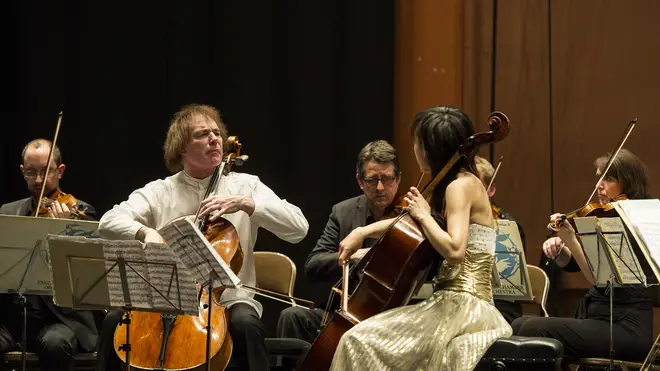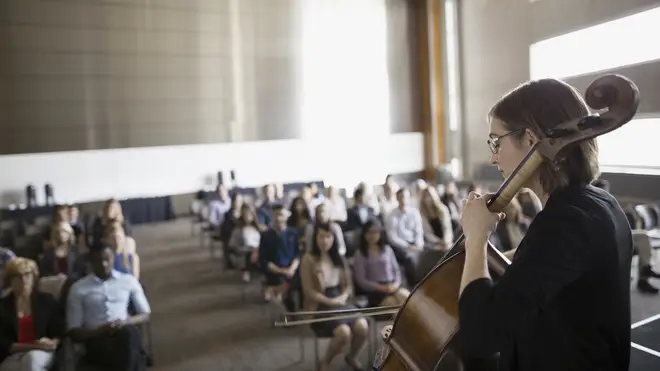‘Access to music remains out of reach for the majority of children’ says Julian Lloyd Webber
2 January 2019, 14:56 | Updated: 2 January 2019, 15:04

The principal of Royal Birmingham Conservatoire has spoken out against the decline in arts subjects in English schools
In an article in The Times, Julian Lloyd Webber has attacked the decline in arts subjects in England, saying:
“Access to music remains stubbornly out of reach for the vast majority of children from less privileged backgrounds.”
The cellist, who is now Principal of the Royal Birmingham Conservatoire, lays the blame with the EBacc.
“Since the introduction of the EBacc in 2010, the number of GCSEs taken in arts subjects has declined by 34 per cent,” he writes. “Yet judged by any rational criteria, removing arts subjects from the national curriculum makes no sense at all.”
The EBacc is a set of subjects, chosen by the Government and does not include music, drama or art. Many education professionals say it is driving the decline in arts subjects in schools, although the government has consistently denied this.

In The Times, Julian Lloyd Webber goes on to point out that the music industry brings in £4.4 billion a year to the economy, but that there are other reasons the arts should be accessible for school children regardless of their background:
“On a practical level, many jobs will soon be lost to automation but jobs in the arts will be among the least affected. On a social level, all our children should have a right to experience music, not just the ones with parents who can afford to pay for expensive instruments and tuition.”
In today's @thetimes https://t.co/iVyPPVcuZc
— Julian Lloyd Webber (@JLloydWebber) January 2, 2019
I await the response from @DamianHinds
We urgently need to find a solution!
He was writing in response to a recent statement by education secretary Damian Hinds that said universities could face sanctions if they didn’t recruit more white working-class students.
Lloyd Webber said: “Mr Hinds should be overseeing a co-ordinated government policy which allows access to the arts for all our children, from primary school through to higher education.”


































